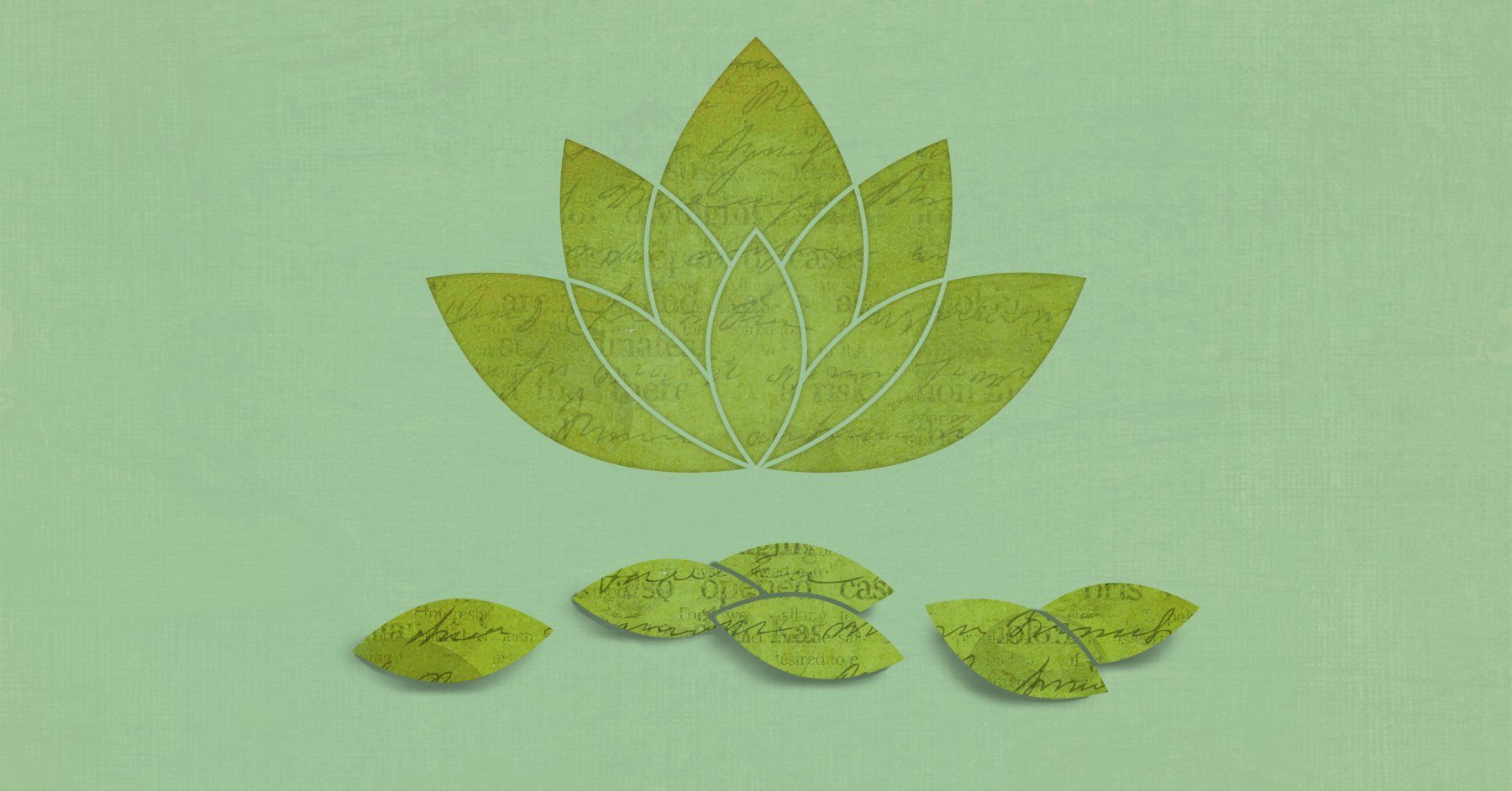Why SMALL MOUTH SOUNDS?
Because Michael Stipe was right. Everybody hurts.
Bess Wohl’s version of that is a note slipped in with the character descriptions: “Everyone in this play is in some kind of agony. In this way, they are not unlike the rest of us.” She also suggests that the desire to find some kind of relief should feel very immediate and present throughout the action of the play. So, what’s she do? Largely deprives us of words.
The funny thing about words is how equally deft they are at dividing us as uniting us. It’s not just that you say tomato and I say tomaaahto - it’s that you say you understand and I know that really, fundamentally, you don’t. Because how can you understand me and my story if I haven’t been able to crack that nut my own self? While the reasons for embracing silence as a meditative and potential healing tool are as multiple as the people who seek that relief, a common denominator seems to be the fervent hope that some truths will come to us when we sit in silence. Maybe ONLY when we sit in silence.
“I wanted to break my brain and put it back together again,” writes one practitioner.
Ah. Practitioner. As in “one who practices.” As opposed to one who reads all the right books, takes all the right courses, does all the right ayurvedic detoxes and in so doing NAILS INNER PEACE. Nope - it would appear that the practice of silence is just that. Practice. Like ongoing rehearsal that does not aim to result in performance. The brilliant and wildly self-effacing writer Pablo d’Ors says of his meditation practice in his Biography of Silence:
“I confirmed that remaining in silence with oneself is much more difficult than I had suspected before trying it. It did not take me long to come to a new conclusion: it was almost unbearable for me to be alone with myself, which was the reason why I constantly fled myself.”
We are daily and deeply inundated with means to escape ourselves. We carry whole worlds in the palms of our hands, so that in the arduous 17 second wait for the elevator, we need not be with ourselves. We have systems to measure likes, followers, influence levels — all means of giving to others the valuation of our selves and our experiences. We rise to music/news/talk shows/texts, and continue on through our days with layers upon layers of buffering noise to keep us from prolonged awareness of our own interiors. d’Ors again:
“You are either conscious of your anger, of your nerves, and of your worries, or your nerves, your worries, or your anger control you. It is that simple: if you do not think about them, they will think for you and they will take you where you do not want to go.”
It’s pretty primal. In the current chaotic storm we call “here and now,” there is nearly overwhelming noise. And we walk amidst it, all of us, in varying states of disrepair. But maybe if we honestly bore witness to the fragility that is being alive - and we did that in a quiet space in the company of other likewise off-kilter beings, we could light the beginning of a path. For ourselves, for our fellow travelers. Not a path to some fabled destination, but just to an awareness of ourselves that we can sit with in stillness for a moment, and come out the other side realizing “oh, okay. This is messy, this being alive thing. But a little less scary now that I looked at it. Listened to it. Sat with it for a bit.”
It’s a small thing. And maybe it’s the only thing.




